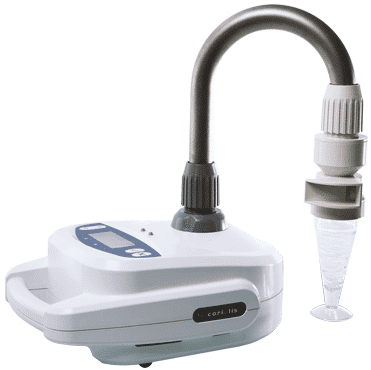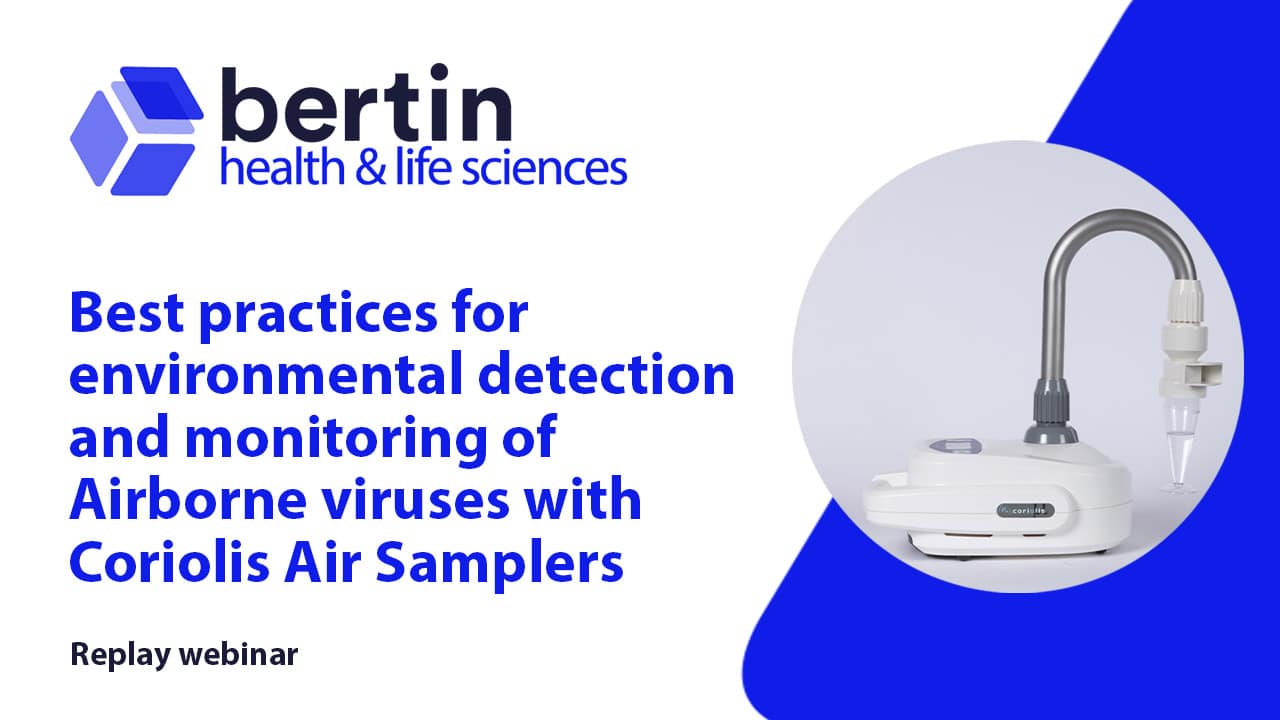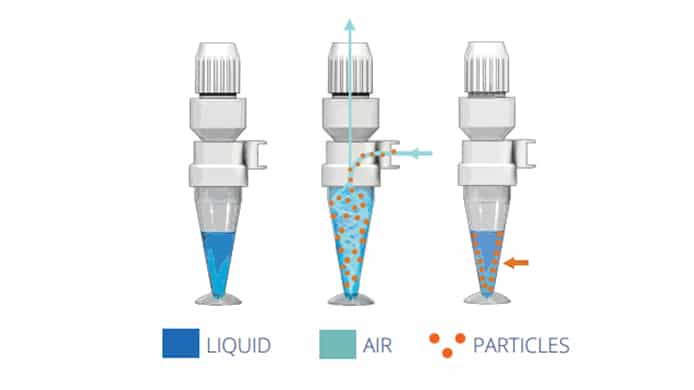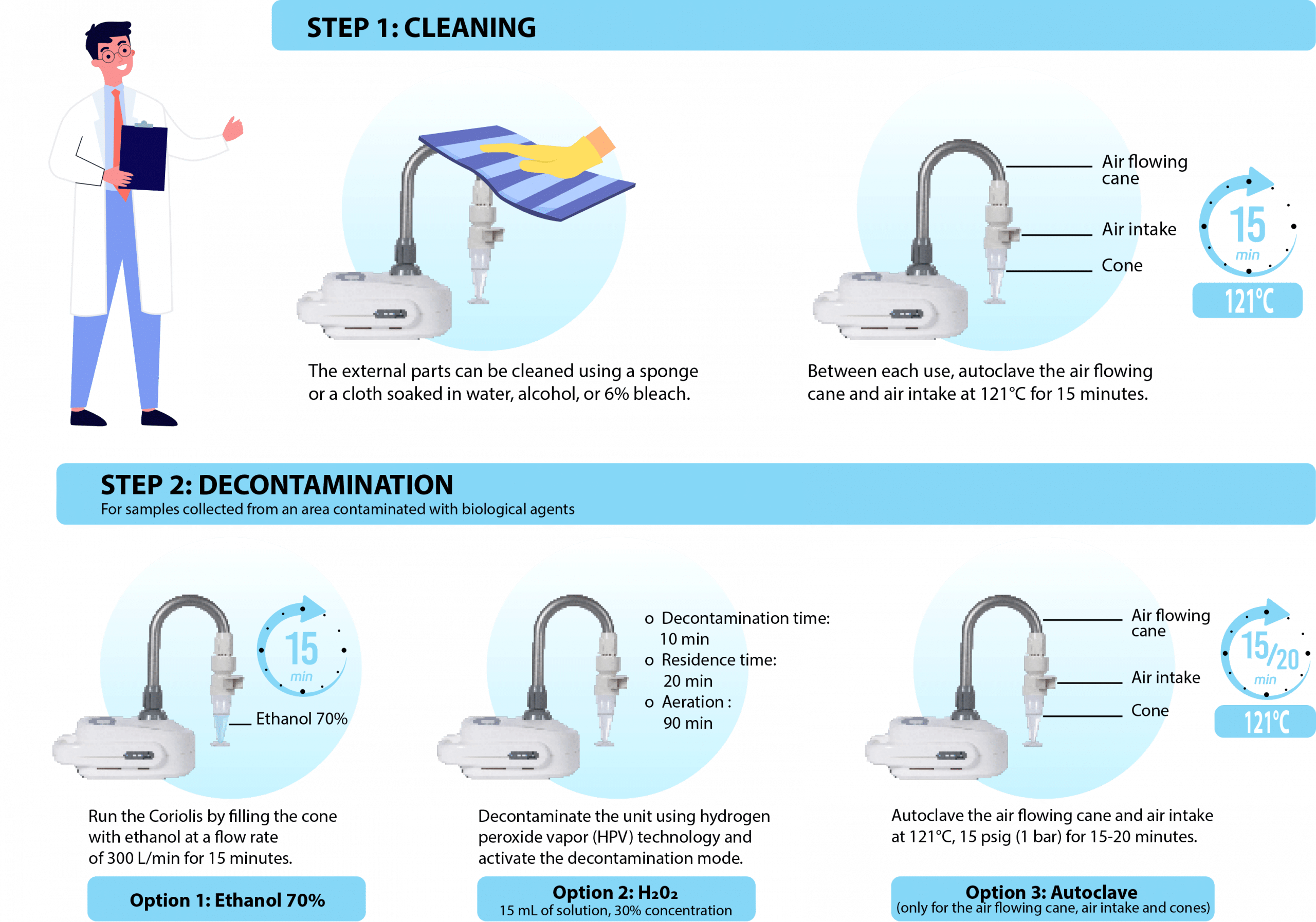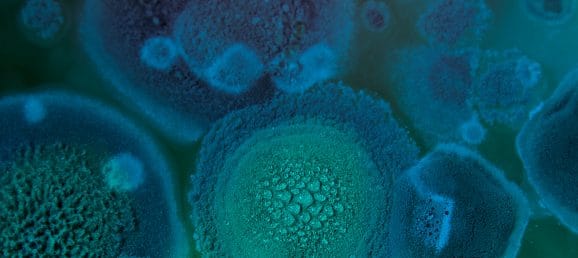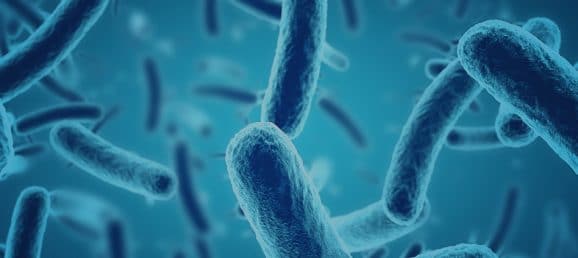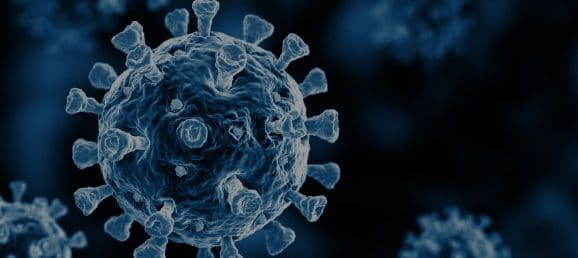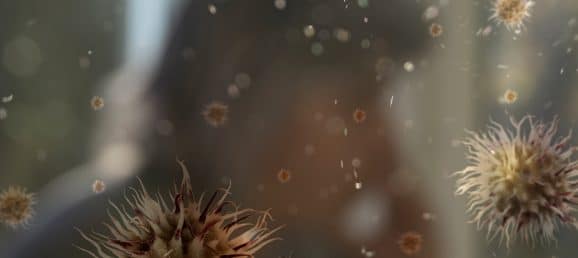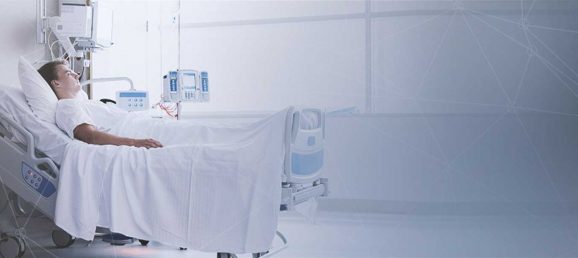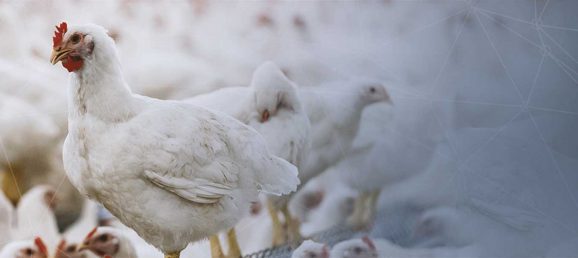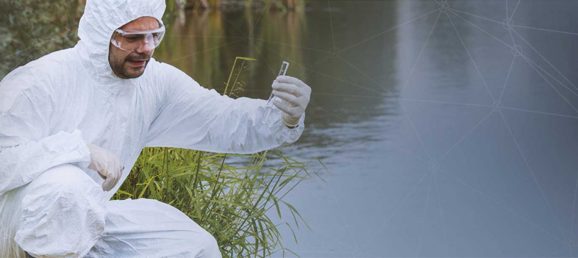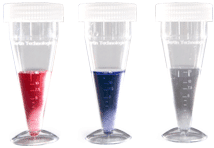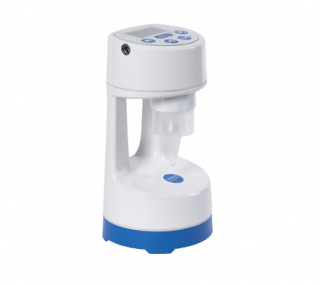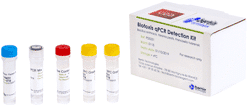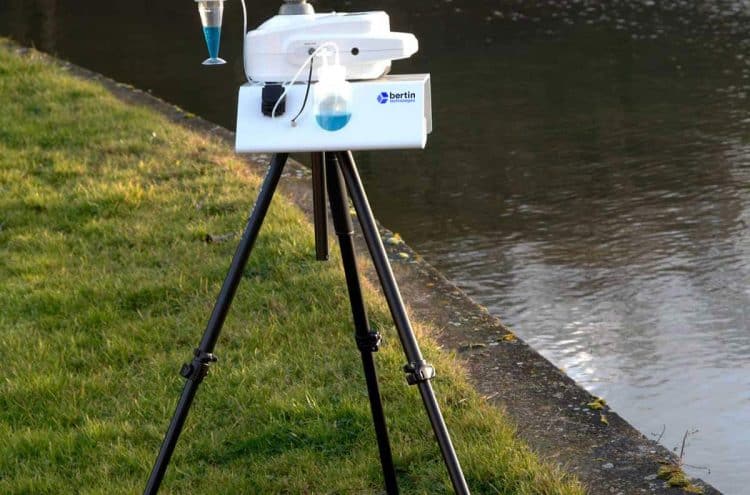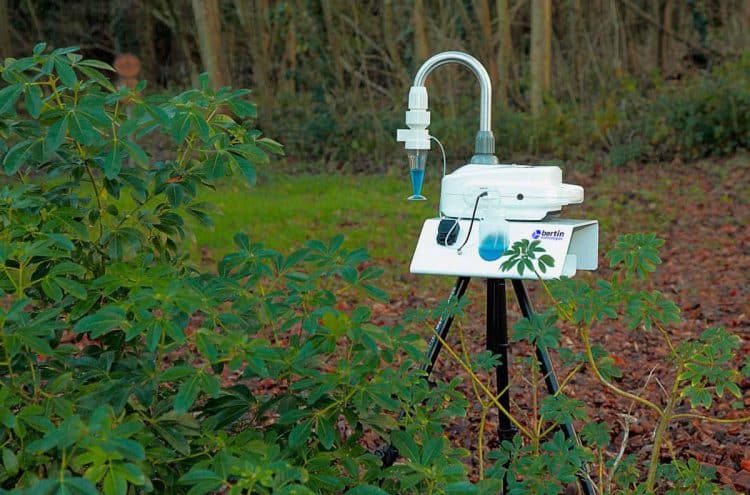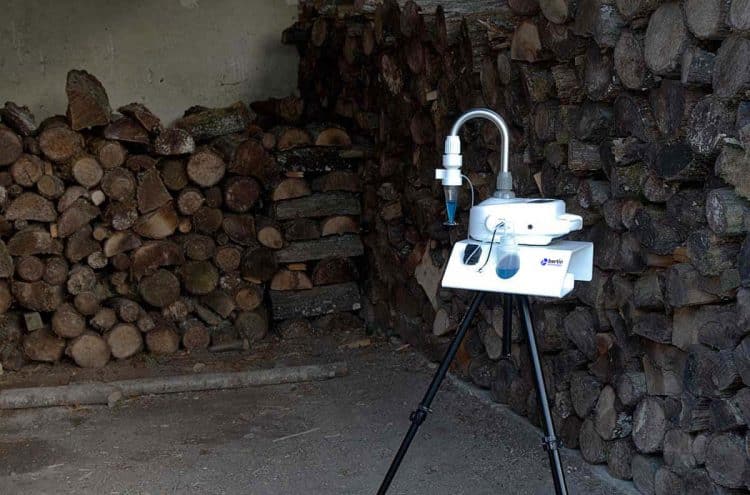- 3 kg (with battery)
- Productsarrow
- Products
Life Sciencesarrow
- Life Sciences
- Sample Preparation – Homogenizersarrow
- Sample Preparation – Homogenizers
- Precellys Evolution Touch Homogenizer
- Precellys 24 Touch Homogenizerarrow
- Precellys Nucleic Acid Extraction Kitsarrow
- Precellys Multi-Tissue Dissociation Kit
- Lysing Kitsarrow
- Minilys Personal Homogenizerarrow
- Cryolys Evolutionarrow
- Bioreagent & Bioanalytical Toolsarrow
- Bioreagent & Bioanalytical Tools
- Assay Kitsarrow
- Precellys Nucleic Acid Extraction Kitsarrow
- Precellys Multi-Tissue Dissociation Kit
- Antibodiesarrow
- Biotoxisarrow
- Air Monitoringarrow
- Air Monitoring
- Coriolis Compactarrow
- Coriolis Microarrow
- Coriolis Consumables
- Coriolis Connect
- Cleapart-100arrow
- Applicationsarrow
- Applications
- Acetylcholinesterase (AChE) Technologyarrow
- Bacteria Detectionarrow
- Protein Extraction
- RNA Extraction
- Metabolite Extraction
- Choosing Your Lysing Kit
- Drug Extraction
- Emulsion Kit
- PCR & RT-PCR
- NGS
- Western Blot
- Mass Spectrometry
- ELISA
- Chromatography
- Acetylcholinesterase (AChE) Technology
- DNA Extraction
- Fungi Detectionarrow
- Virus Detectionarrow
- Evaluation of Decontaminationarrow
- Allergen Detectionarrow
- On-Demand Systems
- On-Demand Systems
- Automated Cardiac Stem Cell Production
- BEC SARS-COV-2 RT-LAMP KIT
- Electroporator
Nuclear Detection & Health Physicsarrow
- Nuclear Detection & Health Physics
- Health Physicsarrow
- Health Physics
- Contamination meters
- SaphyRAD Carrow
- Survey Metersarrow
- Dosimetryarrow
- BAB A7
- Environmental Radiation Monitoringarrow
- Environmental Radiation Monitoring
- GammaTRACER – Radiation Monitor
- SpectroTRACER – Spectrometric Probe
- BAB E
- Radiation Portal Monitorsarrow
- Radiation Portal Monitors
- SaphyGATE G
- SaphyGATE GN
- Radon Monitoring – Detection & Meterarrow
- Radon Monitoring – Detection & Meter
- AlphaGUARD – Radon Monitor
- AlphaE – Ultra-Small Radon Monitor
- Servicesarrow
- Services
- Installation & Commissioningarrow
- Trainingarrow
- Metrologyarrow
- Maintenancearrow
- Equipments Managementarrow
- Spare Partsarrow
- Applicationsarrow
- On-Demand Systems
CBRNarrow
- CBRN
- Chemical Detectionarrow
- Biological Sampling & Identificationarrow
- Radiological Detection & Monitoring Solutionsarrow
- Applicationsarrow
- On-Demand Systems
- On-Demand Systems
- 2SNM – Radiation detection & monitoring system for naval bases
Surveillance & Protectionarrow
- Surveillance & Protection
- Unattended Ground Sensors (UGS)
- Unattended Ground Sensors (UGS)
- Flexnet – Wireless protection & surveillance system
- Optronics
- Optics
- Components
- Components
- High precision optical components
- Applicationsarrow
- On-Demand Systems
- On-Demand Systems
- Carrying out surveillance & gathering intelligence with Camsight LP integrated into the Flexnet solution
- Driver vision enhancement on the light armored vehicle Scarabee of ARQUUS
- Implementing a situation awareness system for the SPRAT rapid bridge installation system of CNIM
- Improving long-range night & day surveillance with Camsight LP and tethered aerostat White Hawk
Medical Waste Managementarrow
- Medical Waste Management
- Medical Waste Treatment Solutions
- Medical Waste Treatment Solutions
- Sterilwave 100
- Sterilwave 250
- Sterilwave 440
- Detecting Radioactivity in Medical Waste
- Detecting Radioactivity in Medical Waste
- Contamination Meters
- Radiation Portal Monitorsarrow
- Applicationsarrow
Space & Big Sciencearrow
- Space & Big Science
- Space
- Fusionarrow
- Astronomyarrow
- Synchrotron / X-Rayarrow
- Synchrotron / X-Ray
- KB Kirkpatrick-Baez Systems
- X-ray Mirror Benders
- X-ray Mirrors
- Expertisearrow
- Resourcesarrow
- Newsarrow
- About usarrow
- About us
 Who we are?
Who we are? Governance
Governance Business Unitsarrow
Business Unitsarrow
 Subsidiariesarrow
Subsidiariesarrow
- Subsidiaries
- Bertin Corp.
- Bertin Environics
- Bertin Exensor
- Bertin GmbH
- Bertin Italia
 Our locations
Our locations Certifications
Certifications
- Contactarrow
